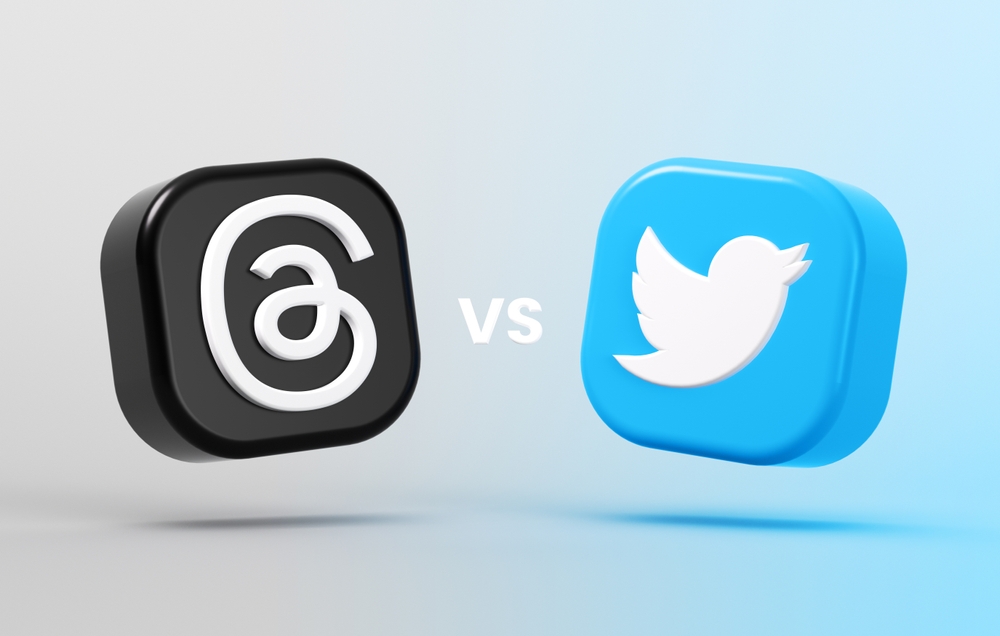Threads, Meta’s latest application, has been generating significant buzz across the internet. This app is closely intertwined with another Meta-owned platform, Instagram, and serves as a direct rival to Twitter. The convenience of joining Threads lies in the seamless integration with Instagram, allowing users to swiftly log in using their existing Instagram credentials. Positioned as a spin-off app, Threads emphasises concise messaging akin to Twitter’s format.
Amidst the growing competition from alternatives like Bluesky, Mastodon, and Spill, Threads enters the social media landscape at a time when users are seeking alternatives due to concerns over Elon Musk’s handling of Twitter’s user experience, including the implementation of daily tweets limit and an increase in hate speech incidents.
Meta is currently engaged in the process of seamlessly incorporating Threads into the expansive online Fediverse, a network of interconnected servers enabling users to engage and interact across various platforms.
However, it’s important to remember that using these social media platforms comes at a cost – our data. They inevitably collect information from us. So, let’s explore what we know about Threads’ privacy policy, the data you provide when signing up, and how it differs from the data collected by Twitter.
THREADS:
When examining Threads, it appears that the app has the potential to gather an extensive range of personal data associated with you, as indicated by the information provided in Apple’s App Store. This data may encompass various aspects such as your purchase history, physical address, browsing history, and even health-related information. Notably, the app explicitly mentions the collection of “sensitive information,” which could entail details about your race, sexual orientation, pregnancy status, religion, and even biometric data.
Data linked to you on Meta’s app
- Health & Fitness
- Financial Info
- Contact Info
- Use Content
- Browsing History
- Usage Data
- Diagnostics
- Purchases
- Location
- Contacts
- Search History
- Identifiers
- Sensitive Info
- Other Data
However, it is essential to note that while Twitter does gather a comparable volume of data, it does not reach the same level of data collection as Threads does. In contrast, Meta’s application takes an additional stride by requesting information regarding the user’s health and fitness data.
TWITTER:
To provide a comparative context, let’s explore the data collection practices of Twitter. Regarding Twitter, the platform also accumulates various data points linked to users, including purchase history and browsing history, for tracking purposes. It is worth noting, however, that Twitter does not explicitly list “sensitive information” as one of the disclosed categories of data collection. For a more comprehensive breakdown, you can refer to Twitter’s complete privacy policy.
If you happen to use the Android version of Twitter, which operates outside of Apple’s walled garden, there are still certain personal data elements collected, such as precise location information and web browsing history, unless privacy settings are adjusted accordingly.
Data linked to you on the Twitter app
- Purchases
- Location
- Contact Info
- User Content
- Browsing History
- Identifiers (User ID, Device ID)
- Usage Data (Product Interaction, Advertising Data)
It is evident that virtually every social media application collects user data, but the extent of data collection varies. The choice of how much data you are comfortable with these platforms retaining ultimately lies with you. It is crucial to stay informed and regularly review the privacy policies of the social media apps you use to remain vigilant and aware of the data they collect. By visiting updated and informed about privacy policies, you can make more informed decisions about your data and protect your privacy to the best of your ability.


